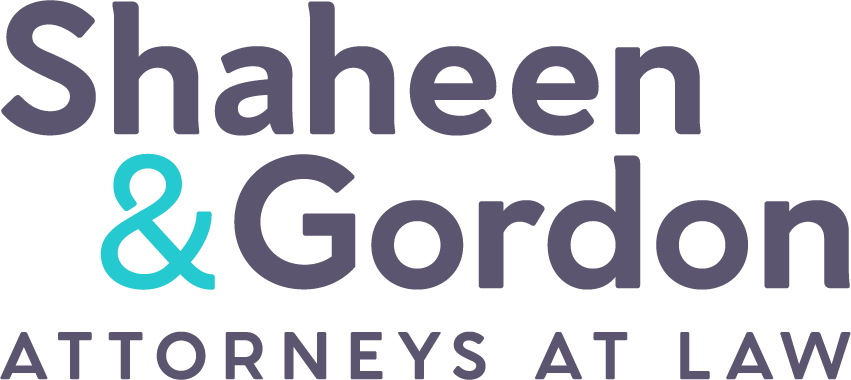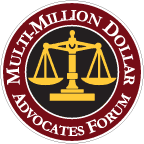If you or a loved one were injured on another’s property, Shaheen & Gordon, P.A. is here to fight for the justice you deserve. Contact us to schedule an appointment with a New Hampshire premises liability lawyer. Initial consultations are completely free and confidential.
New Hampshire Premises Liability Attorneys
Were You Injured on Someone Else’s Property? We’ll Advocate for You!
Premises liability is a specific area of the law that concerns the obligations of land, property and business owners to provide safe and healthy conditions for guests and visitors. Generally, persons lawfully on the premises who experience injuries or illnesses on another person’s property may be able to receive compensation through a personal injury lawsuit. However, it must be proven that a property owner’s negligence, carelessness or failure to meet regulations and requirements directly resulted in an injury-causing incident.
For 40 years, our New Hampshire lawyers at Shaheen & Gordon, P.A. have fought to recover the maximum compensation owed to injured plaintiffs. To us, the most important part of every case is the client at the center of it. That’s why we remain accessible to our clients 24/7 while we work to win them the justice they deserve. Our client-centered, results-driven legal advocacy has resulted in millions of dollars in compensation for our clients, as well as acclaim from numerous awards organizations.
Who Can File a Premises Liability Lawsuit?
In order to qualify for legal action under premises liability law, the following elements must be present in your case.
Property Owners
The defendant in a premises liability case is the owner or possessor of the land or premises on which an injury occurred. Depending on the circumstances involved, this may be a private residence or business. Thus, to be eligible to file suit, you must have been injured on another’s property.
Invitees or Licensees
Guests and visitors or public patrons can be legally defined as invitees. Licensees are individuals who are granted permission to enter a property for a specific reason. This may include licensees who are permitted to enter a property that may or may not be open to the general public, such as public service workers or technical laborers.
You must have been an invitee, licensee or otherwise legal guest at the time of the accident for premises liability law to apply. Trespassers are not usually protected under this area of the law. There are some exceptions, however, especially in cases that involve young children.
Negligence or Wrongful Acts
All premises liability lawsuits must establish negligence or a wrongful act committed by a property owner or a subordinate employee. In some cases, property owners may be held responsible for injuries that were caused on the property by a third party, but these present very complex legal issues. An example may be situations involving assault and insufficient security.
When negligence or wrongful acts can be conclusively proven, property owners will be held liable and must compensate injured victims for their damages. Also, if the owner hired another person to perform inherently dangerous work on the premises (such as blasting), the owner will be liable for any injury caused by that work.
A few examples of the negligence and conditions for which property owners can be held liable for injuries or illnesses include:
- Holes
- Insufficient lighting
- Hazardous or toxic conditions
- Health and safety code violations
- Insufficient warnings or signs
- Poorly maintained walkways and equipment
- Inherently dangerous work
- Wet or slippery floors and other slip and fall accidents
Discuss Your Case with a New Hampshire Lawyer
If you or a loved one has been injured on another’s property, it is imperative that you consult an experienced New Hampshire attorney as soon as possible. Swift action will allow our firm to conduct prompt investigations, preserve evidence, determine the extent of negligence involved, and fully evaluate the merits and potential of your case. Should you wait too long to take action, you may unintentionally forfeit your right to compensation under state law.























